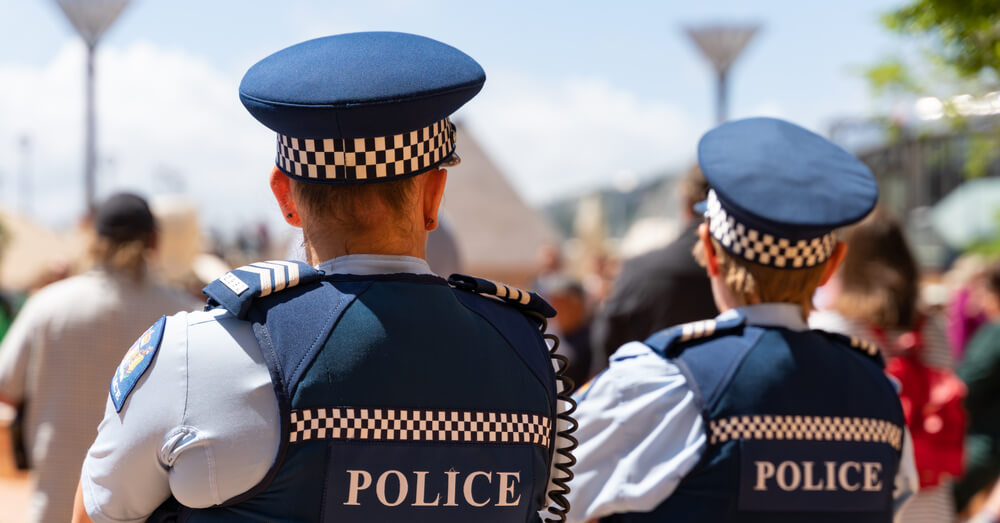
New Zealand will not be a safe haven for illicit funds, says Police Commissioner
The Asset Recovery Unit in New Zealand has announced the freezing of NZ$140 million ($90 million USD) as part of the global investigation into BTC-e — a now-defunct Bitcoin exchange allegedly run by Alexander Vinnik.
The Russian has been accused of using the exchange to launder billions of dollars for criminal syndicates, marking the largest restraint of funds ever from the New Zealand police.
Vinnik was arrested by local police in 2017 when he was on a family holiday in Greece on behalf of US authorities. He was accused of facilitating money laundering, identity theft, drug trafficking and computer hacking. He has since denied the charges and fought the extradition for three years. His lawyers in Greece claim that he is a “computer genius” who is being targeted because he posed a threat to the international banking system.
BTC-e, one of the world’s largest and widely used crypto exchanges, has traded at least $4 billion worth of Bitcoin with “high levels of anonymity”, the US Department of Justice (DoJ) has said. The DoJ discovered that BTC-e’s customer base was “heavily reliant on criminals”. BTC-e facilitated criminals by not requiring users to validate their identity and has been accused of anonymising transactions and the source of funds.
The exchange also lacked any anti-money-laundering processes, the prosecution stated. The extradition order alleges that Vinnik was in charge of BTC-e and thus facilitated the laundering of proceeds from cybercriminals, ransomware scams, identity theft schemes, corrupt public officials, tax fraud and drug rings.
Police Commissioner Andrew Coster said that the “New Zealand Police has worked closely with the Internal Revenue Service of the United States to address this very serious offending.”
“These funds are likely to reflect the profit gained from the victimization of thousands, if not hundreds of thousands, of people globally as a result of cyber-crime and organized crime,” he added.
The $140 million in offshore bank accounts were traced back to New Zealand; after which the assets were restrained under the Criminal Proceeds’ Recovery act. The case will be determined under the civil level of proof and will now be presented in front of a High Court judge to prove that there are “reasonable grounds” someone has profited from “significant criminal activity”. The NZ police are expected to lead their prosecution based on evidence gathered by the US authorities.
Coster stated that the global nature of the crime always posed a risk of involving companies based in the country. “However, this restraint demonstrates that New Zealand is not, and will not be, a safe haven for the illicit proceeds generated from crime in other parts of the world,” he stated.

